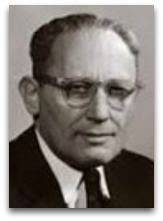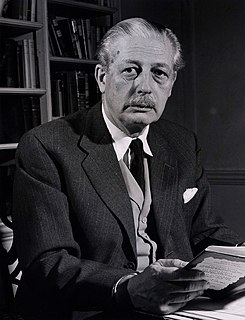A Quote by Charles Lamb
Every commonplace or trite observation is not a truism.
Quote Topics
Related Quotes
There is perhaps, nothing more likely to disturb the tranquillity of nations, than their being bound to mutual contributions for any common object that does not yield an equal and coincident benefit. For it is an observation as true, as it is trite, that there is nothing men differ so readily about as the payment of money.
It can sound trite if you just say citizens need to be educated for democracy to work, but for him it wasn't trite. It was really this strenuous challenge to citizens to use their moments of leisure, which he defined as time away from work, to collect the facts that were necessary for full democratic participation.




































